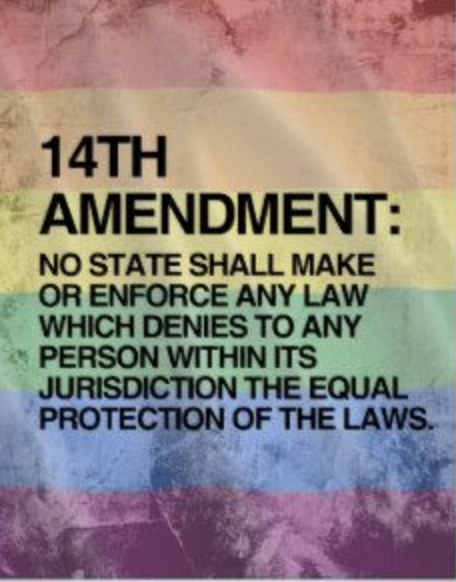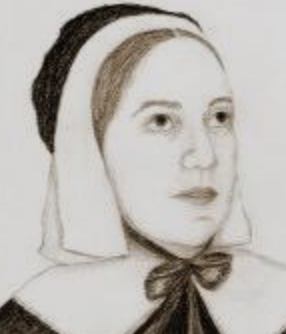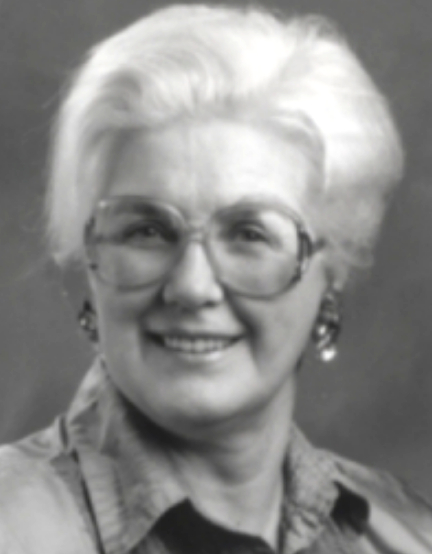July 28
14th Amendment Adopted

On this date in 1868, the 14th Amendment to the U.S. Constitution was formally adopted after certification by Secretary of State William Seward. It reads, in part: “No State shall make or enforce any law which shall abridge the privileges or immunities of citizens of the United States; nor shall any State deprive any person of life, liberty, or property, without due process of law; nor deny to any person within its jurisdiction the equal protection of the laws.” The amendment, as gradually applied by the Supreme Court, has incorporated the Bill of Rights and constitutional rights, including the right to be free from state-fostered religion, to all citizens.
—
Anne Hutchinson (Banished)

On this date in 1637, Anne Hutchinson was banished from the Puritan theocracy of Boston by the Massachusetts General Court for sedition and heresy. Hutchinson (1591-1643) was a religious reformer who helped create a theological schism that threatened to destroy the Puritans’ hegemony in New England.
—
Meg Bowman

On this date in 1929, Margaret “Meg” Bowman was born in Rugby, North Dakota, to Hazel Whiting and Albert Gunnerud, “pillars” of the Methodist Church. She found one other avid reader in her small town who became her best friend and an atheist like her. After graduating from high school in Illinois, she moved to Arizona, where she married Richard Turner and raised three sons, two of whom preceded her in death.
Bowman became active with the Progressive Party in 1948, earned her B.A. from Colorado College in 1954, a master’s from Arizona State University in 1961 and was awarded a Ph.D. in 1985.
She organized the Fremont, Calif., Human Rights Commission in the 1960s and regularly participated in civil rights and peace marches. She has been active in the Fremont Unitarian Fellowship, the area chapter of National Organization for Women, the San Jose Unitarian Church, the Older Women’s League and at one time co-chaired the Feminist Caucus of the American Humanist Association.
Bowman took part in “burnt offerings” protests in the mid-’70s. A women’s group at St. Clement’s Episcopal Church in New York City first came up with the idea. They rewrote the liturgy from the Book of Common Prayer, read sexist statements from the bible, brought them to the altar and set them on fire. In 1972 at the Democratic National Convention, women repeated the ritual on the streets of Miami Beach. “From Berkeley to Boston, Maine to Miami, we have burned,” Bowman wrote. “Omaha women drew the biggest audiences as they ignited the streets of Nebraska. And, yes, radical feminism has even ‘played in Peoria’ — pyromaniacally.”
Starting in 1986, Bowman helped sponsor impoverished young women through school in Kenya and Romania. She retired from the San Jose State University sociology department. She has written many books through Hot Flash Press, including Memorial Services for Women and Feminist Classics: Women’s Words that Changed the World. An intrepid world traveler, she has organized many international tours with a feminist and freethought slant. In 2010 she accepted the Humanist Heroine award from the American Humanist Association.
She died at age 91 in San Jose, Calif. (D. 2020)
“Why burn? The answer is simple. Read the Bible — the Koran — the theologians and philosophers of the world. Look in your hymnals and then ask, ‘What better way to raise the religious consciousness of obtuse, callous, sexist societies?’ ”
— Bowman, explaining the 'burnt offerings" ceremonies organized by U.S. feminists in the 1970s. ("Why We Burn: Sexism Exorcised," 1988)
